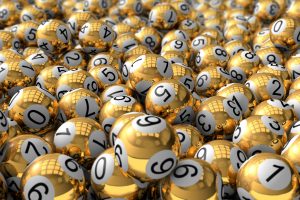German online slots tax could threaten regulated market

A proposed 8 per cent tax on slot turnover could hinder player protection and hurt the newly regulated market, a report warns.
Germany.- A report from the Düsseldorf Institute for Competition Economics (DICE) warns that a proposed 8 per cent tax on online slot turnover could jeopardise the successful launch of Germany’s new regulated igaming market this year.
Commissioned by operator associations Deutscher Sportwettenverband (DSWV) and Deutscher Online Casinoverband (DOCV), the report warns that the tax could also hinder player protection goals.
It warns that the tax rate would reduce payout ratios, making the new legal market unattractive to players, who might resort to unlicensed operations.
Germany has ratified new igaming legislation that will create a regulated online gaming market as of this year. However, the legislation does not set a tax rate for the new market.
See also: Darmstadt grants more German betting licences
A working group formed by the state finance ministries of Hesse, Nordrhein-Westfalen, Bayern and Berlin has proposed a tax rate of 8 per cent on online slots turnover and 5.3 per cent on online poker stakes.
The economist Dr Justus Haucape, director of DICE, said: “This stake tax massively jeopardises the goal of channeling gambling, because a turnover tax of 8 per cent reduces the possible payout ratios.
“Thus the attractiveness and competitiveness of the legal game deteriorate so blatantly that many players would rather play in the illegal market.
“The finance ministries’ working group seems to assume that the volume of previously illegal gambling will not increase. Based on data and experience from abroad, these assumptions are unrealistic and will prove to be incorrect.”
The report added: “A gambling stake tax does not lead to a fight against gambling addiction, but counteracts this goal. In addition, it also significantly reduces the tax base and thus the tax revenue.”
It said that a game with a 96% return-to-player rate (RTP) would have its RTP rate reduced to 88%.
Haucap also noted that a stake tax for online poker made little sense since the rake that operators take from a game is only a small percentage of total stakes.
He suggested that instead of taxing turnover, the state should tax gross gaming revenue at between 15 and 20 per cent.
He noted that revenue-based taxes were the European norm, averaging at around 19 per cent.











